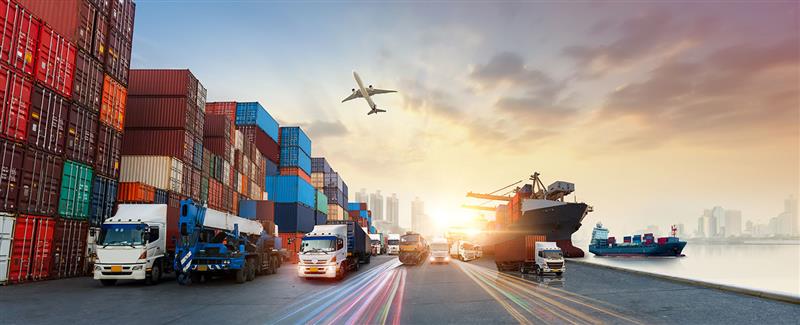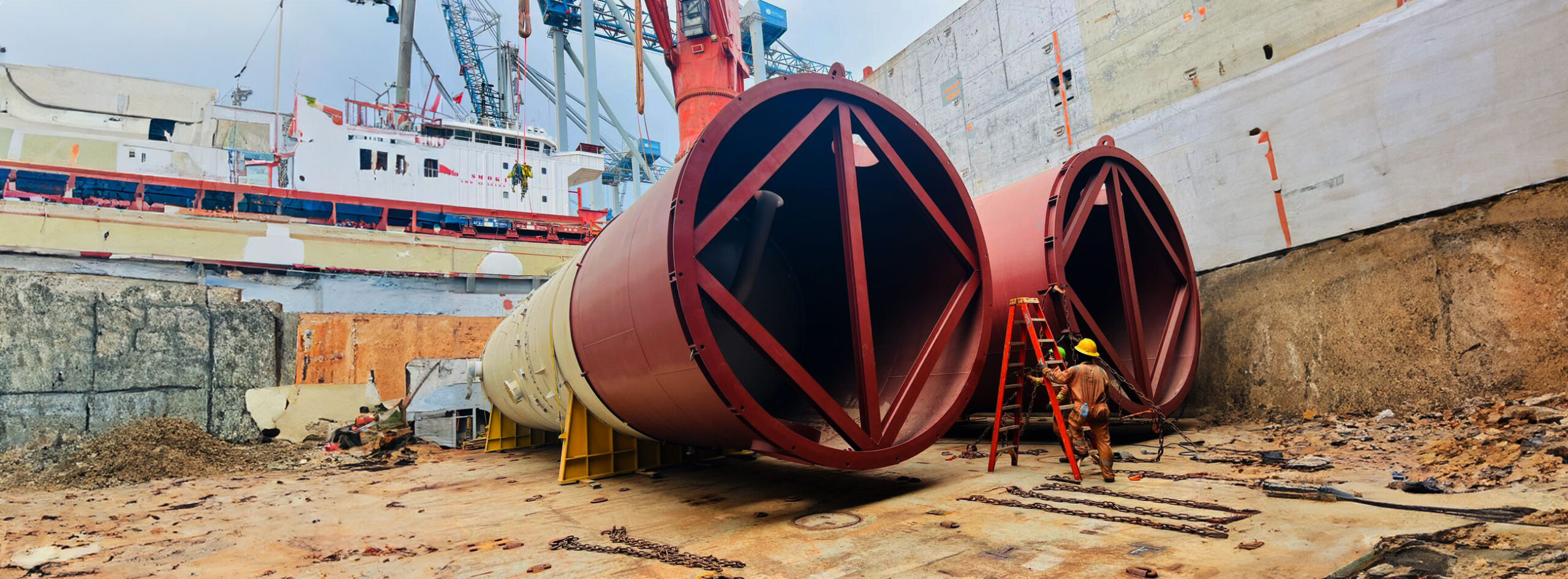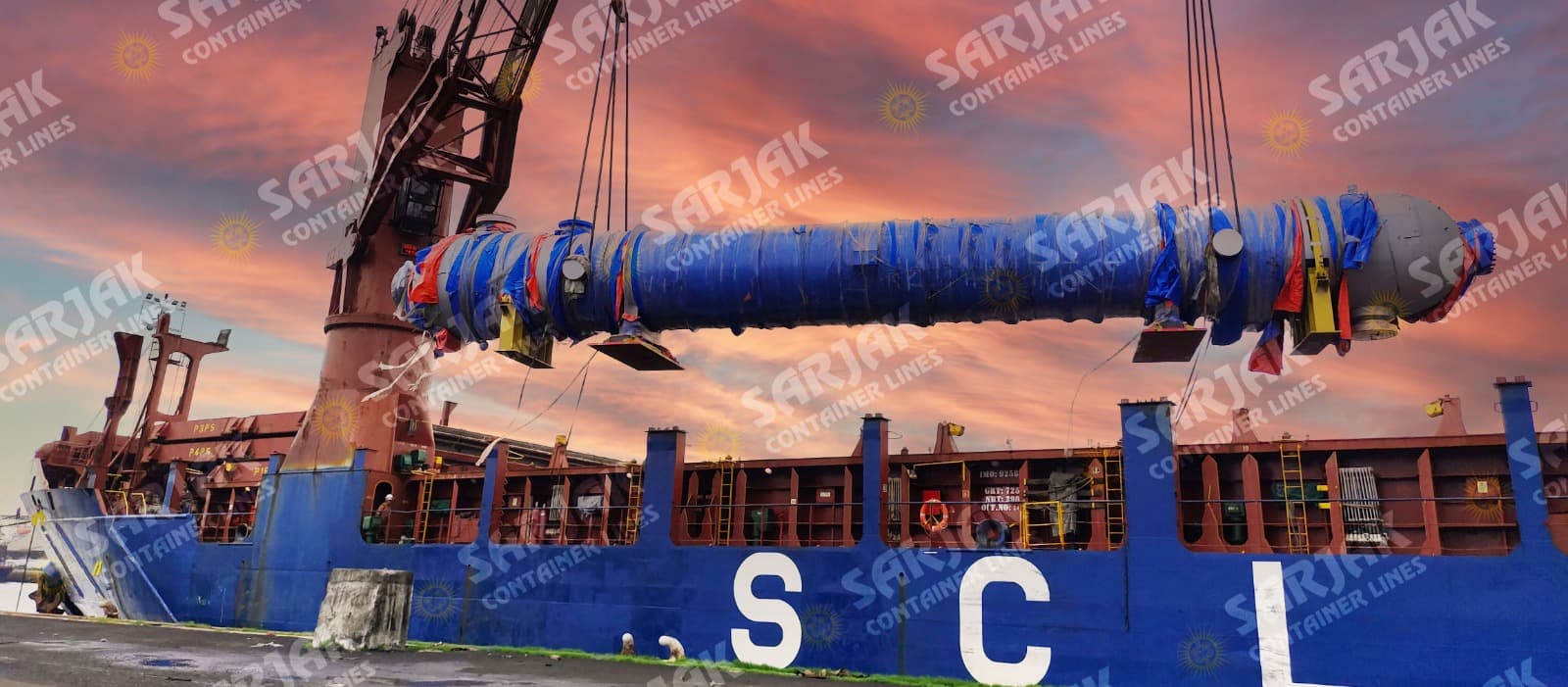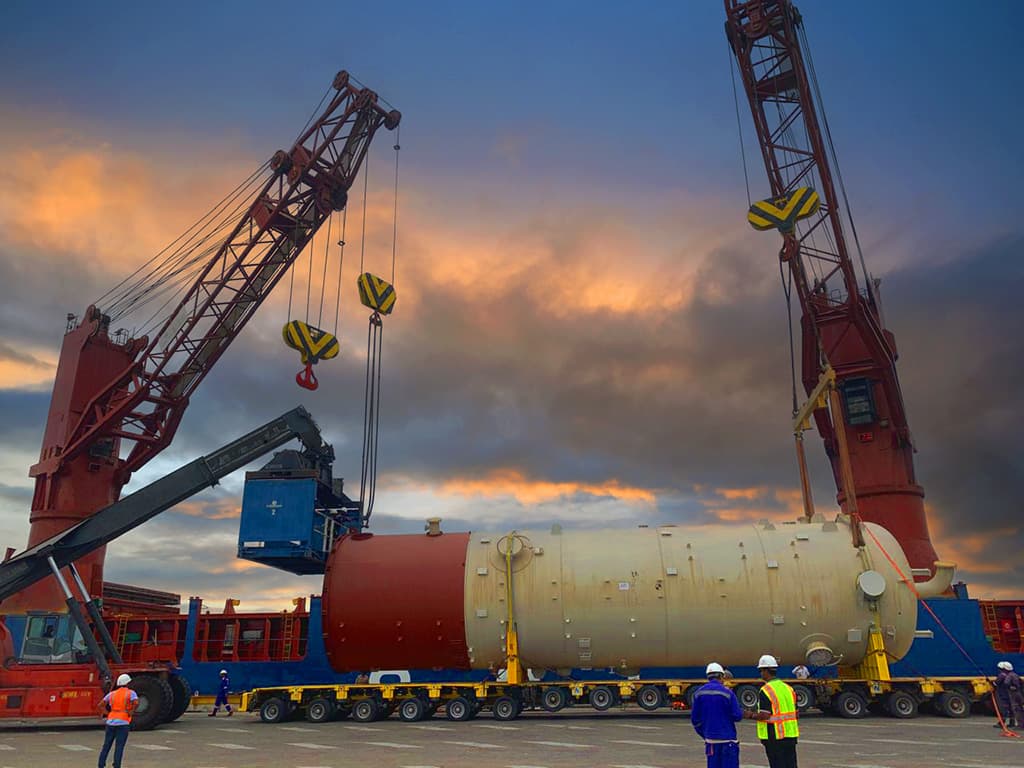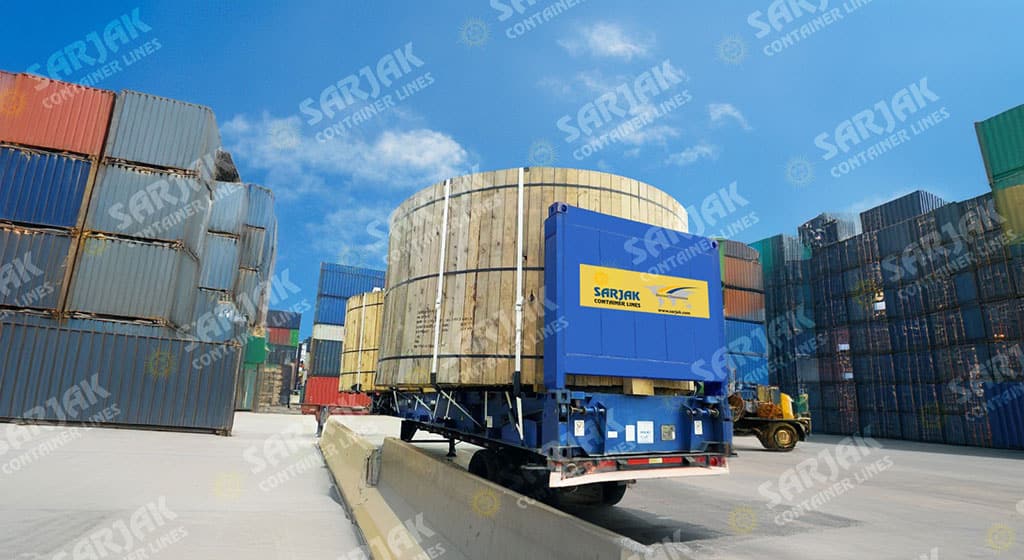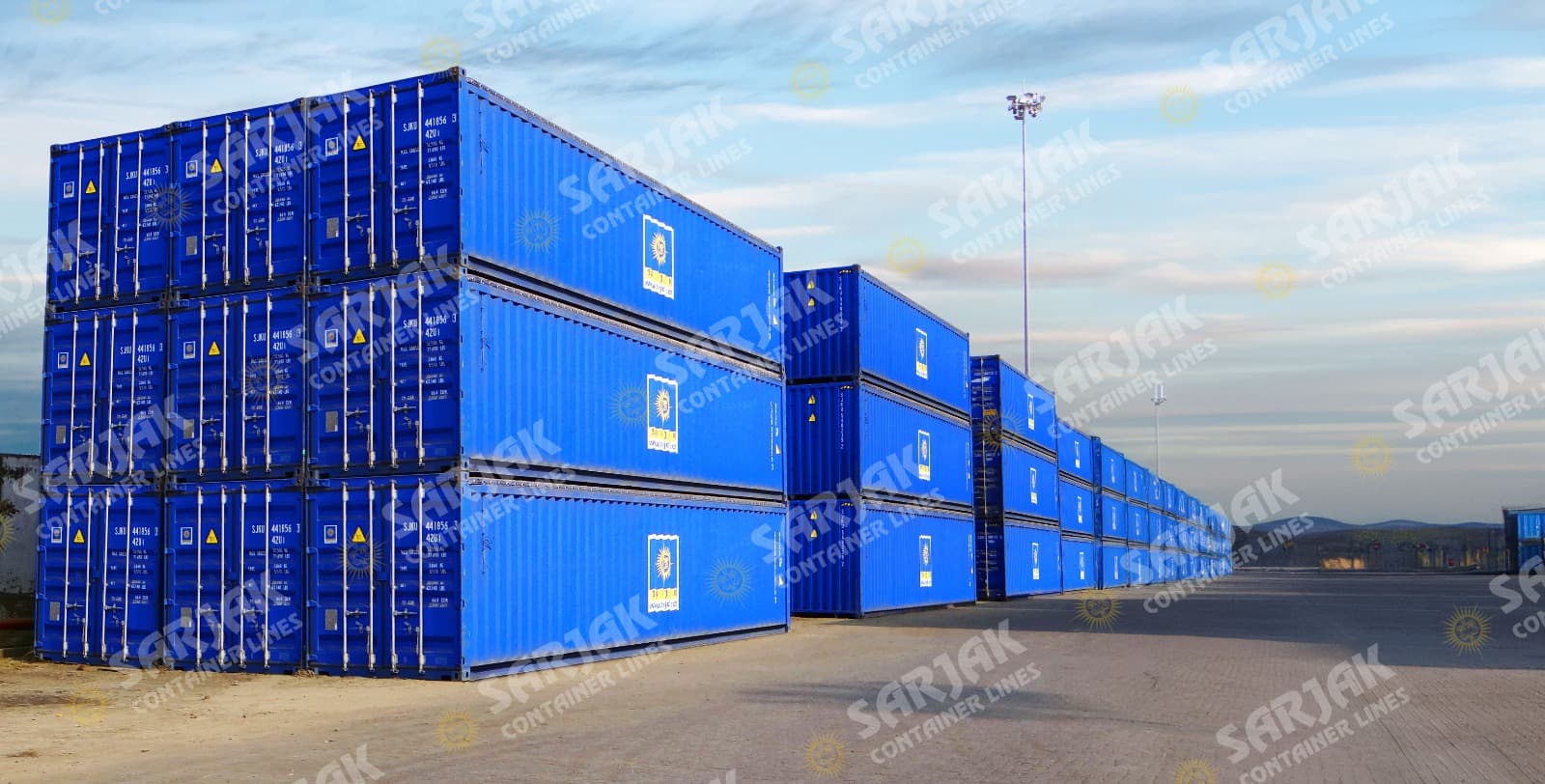In today’s global economy, the transportation of oversized, irregularly shaped, and heavy cargo presents unique logistical challenges that demand a sophisticated approach. Breakbulk and project cargo operations require a keen understanding of diverse factors, from specialised handling techniques to intricate planning & efficient stowage techniques. As supply chains grow increasingly interconnected and competition heightens, companies must refine their strategies for navigating the complexities of these logistics. Exploring the advanced challenges faced by logistics professionals in the breakbulk sector, highlighting innovative technologies and strategic planning methods that ensure efficient and effective operations.
Advanced Handling Challenges in Breakbulk Shipping
Handling breakbulk shipments involves challenges that require specialised skills and appropriate equipment. Unlike standard container shipping, where goods are pre-packaged and standardised, breakbulk items often vary significantly in size, weight, and shape. Here are some advanced handling challenges that logistics providers must navigate:
- Weight Distribution and Stability: Ensuring proper weight distribution is critical when loading breakbulk cargo onto vessels. Uneven weight can lead to stability issues during transit, potentially jeopardising the safety of the vessel and its crew. Advanced planning tools and simulation software can help logistics managers optimise load configurations.
- Specialised Equipment: The handling of oversized or heavy cargo often necessitates the use of specialised equipment, such as heavy-lift cranes, flatbed trailers, and custom rigging solutions. Understanding the capabilities and limitations of available equipment is essential for successful operations.
- Environmental Considerations: Breakbulk operations must also consider environmental factors, such as weather conditions and sea currents, which can impact loading and unloading times. Advanced weather forecasting tools and real-time monitoring systems can help mitigate these risks.
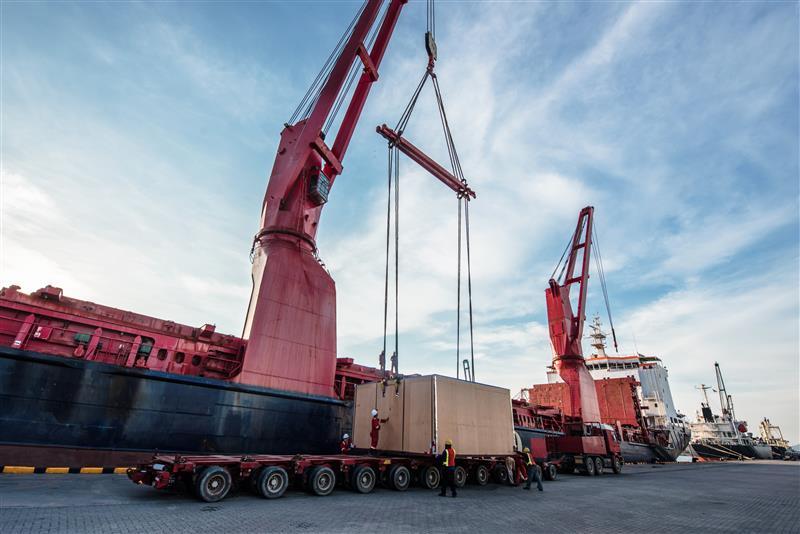
Strategic Planning for Breakbulk and Project Cargo
Effective strategic planning is essential for managing breakbulk and project cargo logistics. Here are some key considerations for businesses operating in this space:
- Route Optimisation: The selection of optimal shipping routes is vital for minimising transit times and costs. Advanced route planning software can analyse multiple variables, including traffic patterns, weather conditions, and port capabilities, to identify the best routes for breakbulk shipments.
- Collaboration with Port Authorities: Close collaboration with port authorities is crucial for ensuring smooth operations. Logistics providers must engage with port officials to understand the specific requirements for handling breakbulk cargo and to coordinate schedules effectively.
- Risk Management: Breakbulk shipping involves inherent risks, including damage to cargo, delays, and regulatory compliance issues. Developing a comprehensive risk management strategy that includes insurance coverage, contingency planning, and compliance checks is essential for mitigating these risks.
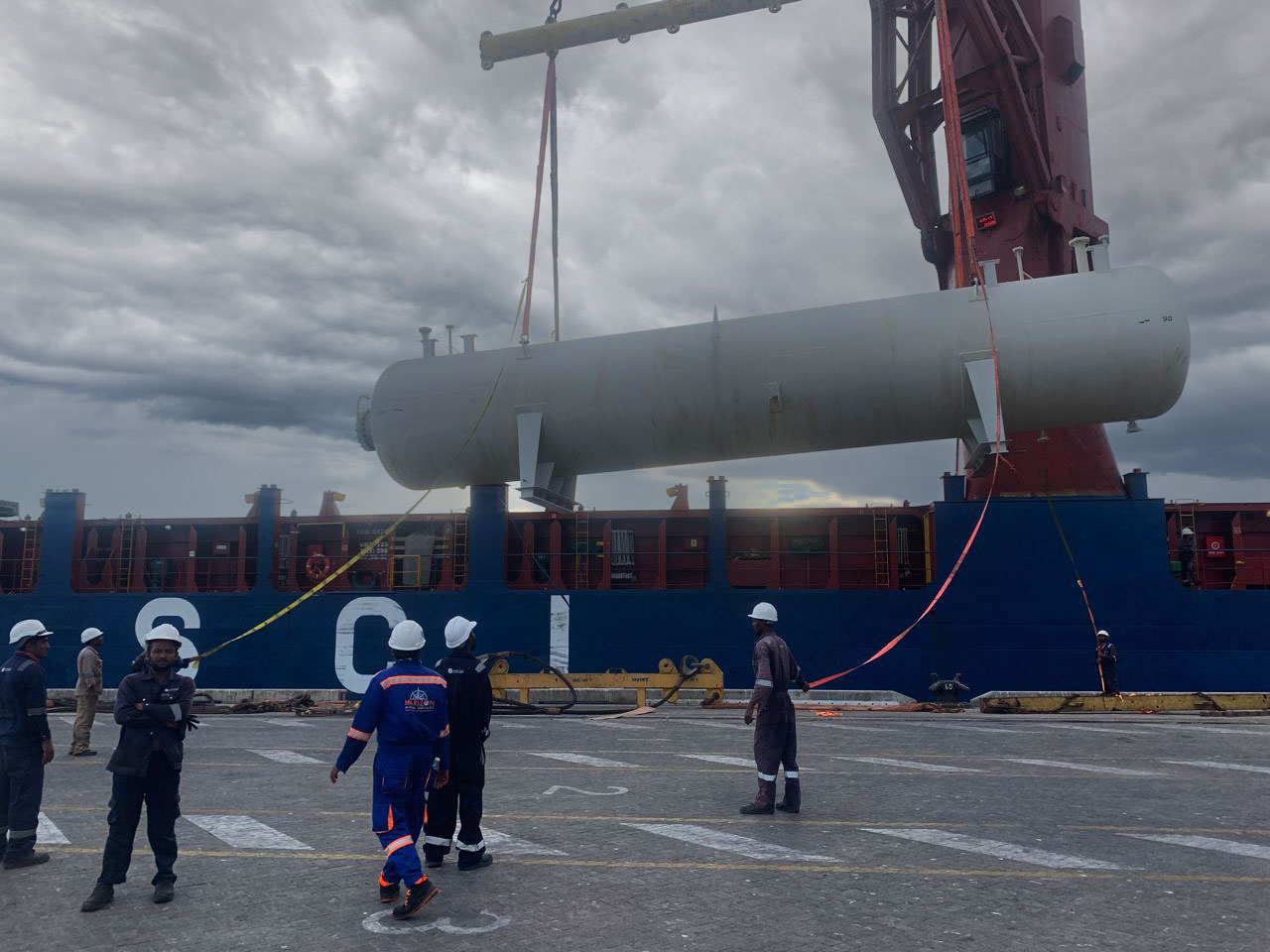
Technological Innovations Transforming Breakbulk Logistics
The logistics industry is rapidly changing due to new technologies, and breakbulk shipping is benefiting from these advancements. Here are some key innovations that are improving efficiency and safety in breakbulk operations:
- Blockchain for Transparency: Blockchain technology enhances transparency in breakbulk logistics. It securely records all transactions and shipments, enabling stakeholders to access real-time information. This helps reduce errors and prevent fraud, making the supply chain more reliable.
- Automated Handling Systems: The use of robotics and automation is growing in breakbulk operations. Automated cranes and handling systems speed up the loading and unloading processes while minimising the risk of human error.
Conclusion
As the demand for breakbulk and project cargo logistics continues to grow, understanding the advanced complexities of this sector is essential for success. By addressing handling challenges, leveraging technological innovations, and implementing strategic planning, businesses can optimise their breakbulk operations and ensure the timely delivery of critical cargo. At Sarjak Container Lines, we are committed to providing expert solutions tailored to the unique needs of our clients.
If you’re ready to elevate your breakbulk logistics strategy, contact us today at projects@sarjak.com.



